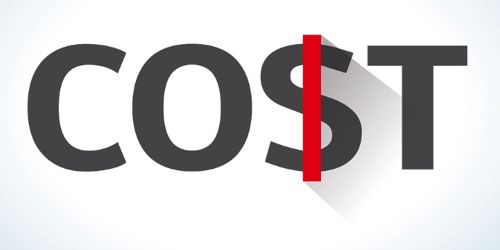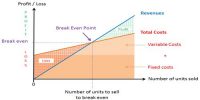Classify Costs according to managerial decision making
Cost behavior refers to how a cost will change as the level of activity change. Costs require the payment of (a specified sum of money) before it can be acquired or done. These costs are used for managerial decision making.
Marginal Costs: Marginal cost is the change in the aggregate costs due to a change in the volume of output by one unit.
Differential Costs: This cost is the difference in total cost that will arise from the selection of one alternative to the other.
Opportunity Costs: It is the value of benefit sacrificed in favor of an alternative course of action.
Relevant Cost: The relevant cost is a cost which is relevant to various decisions of management.
Replacement Cost: This cost is the cost at which existing items of material or fixed assets can be replaced. Thus this is the cost of replacing existing assets at present or at a future date.
Shutdown Cost: These costs are the costs which are incurred if the operations are shut down and they will disappear if the operations are continued.
Capacity Cost: These costs are normally fixed costs the cost incurred by a company for providing production, administration and selling and distribution capabilities in order to perform various functions.















